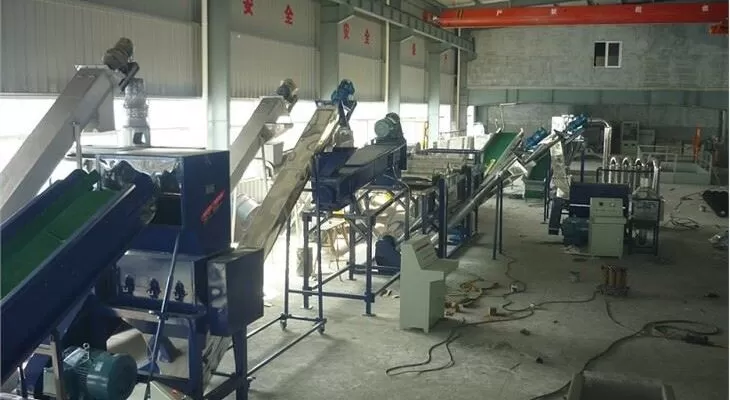As someone deeply entrenched in the recycling industry, I find Bolivia’s efforts against environmental pollution particularly intriguing. This landlocked nation has faced significant environmental challenges, yet its initiatives to combat pollution are worth noting. Bolivia has implemented various policies and projects aimed at reducing environmental degradation and promoting sustainability.

In recent years, Bolivia has recognized the urgent need to address environmental issues. From enforcing stricter regulations on waste disposal to promoting environmental education, the country is making strides toward a cleaner future. Their approach includes increasing public awareness and integrating more sustainable practices across different sectors.
What Initiatives Has Bolivia Launched to Combat Pollution?
Bolivia’s government has rolled out several initiatives aimed at curbing pollution and enhancing sustainability. These include investing in renewable energy sources, improving waste management systems, and supporting conservation projects.
How Effective Are Bolivia’s Pollution Control Measures?
While Bolivia has made progress, there’s still a long road ahead. The effectiveness of these measures often varies regionally, with urban areas facing different challenges than rural ones. To truly assess their impact, one must look at both environmental data and community feedback.
How Does Bolivia’s Plastic Recycling Compare?
As the CEO of Amige, I can’t help but zero in on plastic recycling—a crucial area where Bolivia could improve. Currently, Bolivia’s plastic recycling efforts are nascent, with limited infrastructure and public participation.
What Can Bolivia Do to Enhance Plastic Recycling?
To boost its plastic recycling rates, Bolivia needs comprehensive strategies that include upgrading recycling facilities, increasing public awareness, and implementing stricter plastic use regulations. By integrating advanced technologies like the plastic shredders we develop at Amige, Bolivia can significantly enhance its recycling efficiency.
What Lessons Can Other Countries Learn from Bolivia?
Bolivia’s journey offers valuable lessons in the importance of community involvement and government support in tackling environmental issues. For nations looking to enhance their environmental policies, Bolivia’s integrated approach provides a blueprint for balancing ecological preservation with economic needs.
Conclusion
Bolivia is on a path toward environmental sustainability, but like any journey, there are obstacles and opportunities. As a leader in the plastic recycling industry, I believe that with enhanced focus and international collaboration, Bolivia can not only improve its plastic recycling efforts but also become a role model in environmental conservation. Let’s keep pushing the envelope on recycling innovations!
Every step Bolivia takes towards better recycling practices is a step towards a cleaner, more sustainable world. Let’s support and inspire such initiatives everywhere!
